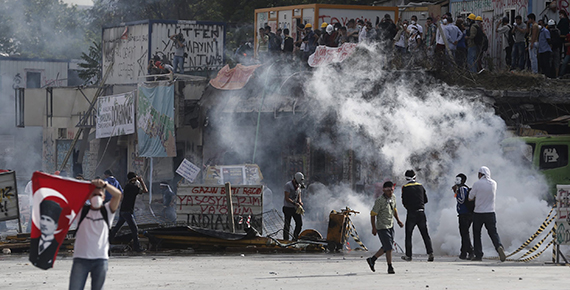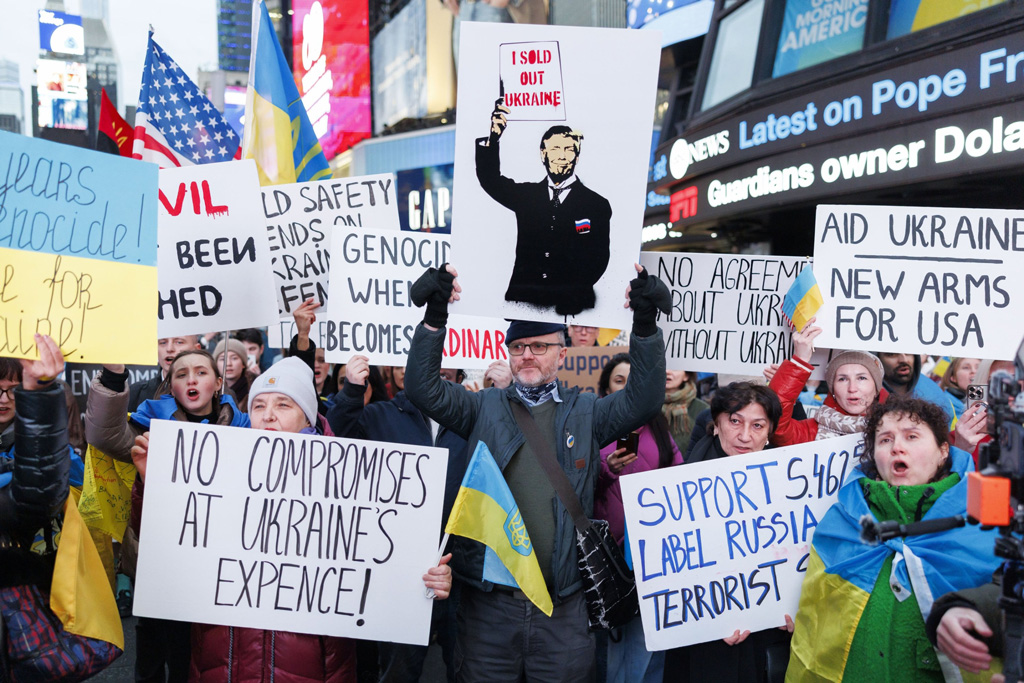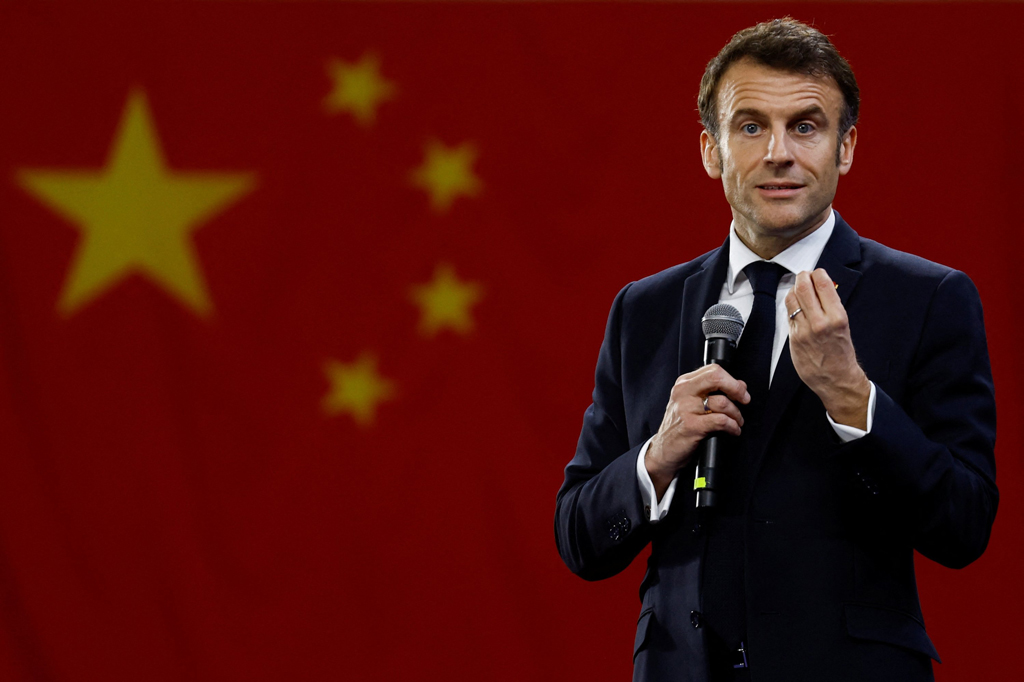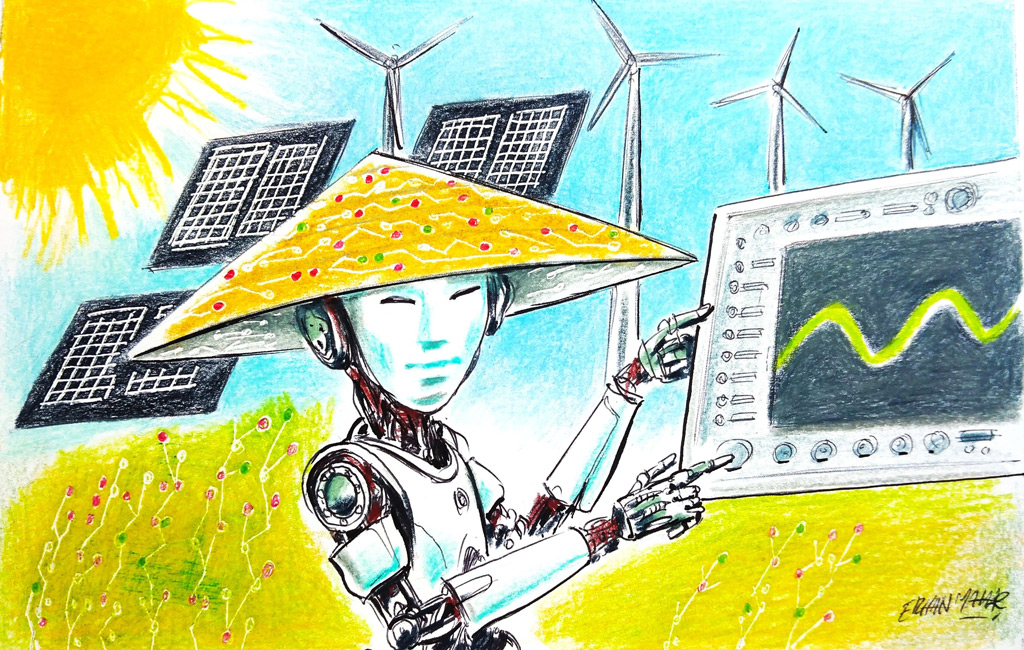On May 27, a small group of people initiated a sit-in to prevent the uprooting of trees in Gezi Park, a small park in central Istanbul, Turkey. Uprooting the trees was part of a plan to redesign the nearby Taksim Square. The persistence of the demonstrators led the police to use water cannon and tear gas in their attempts to evict them starting from May 31. This approach backfired, and the protest movement gained momentum by drawing in large numbers of people of different political persuasions.
What had previously been a sit-in of a handful people morphed into a larger protest movement, encompassing diverse groups of people with disparate aims and demands.
A few pundits rushed to describe the event as the "Turkish Spring", and asserted that the protests were precipitated by the government's repressive - perhaps even authoritarian - behaviours and policies. To substantiate their arguments, they referred to the recent alcohol law, which was approved by the parliament the preceding week.
While the government claimed that the new legislation was similar in nature to the alcohol regulations in countries such as the US, France and Sweden, and motivated by health and safety considerations, the opposition contended that the level of alcohol consumption in Turkey was already significantly lower than in the countries mentioned, and as such this bill was driven by ideological considerations.
These claims and picture beg some questions: "Who are the protesters and what is this protest all about?" and "Should these protests be treated as a single incident or situated within a historical-political context?" Before delving into these aspects of the issue, some clarifications are warranted.
First, throughout the events, the government has failed to adopt appropriate and coherent language. The lack of clear information sharing with the public on the redesigning of the park culminated in confusion and an information void, which was eagerly filled by social media speculations and uninformed third parties.
While initially protesters justified their protest as preventing the uprooting of trees for the construction of a shopping mall, some officials of Turkey's ruling AK Party claim that plans to build a mall never existed. Erdogan himself, however, reportedly said that the ground floor of the replica barracks development could serve as a shopping centre or museum. This is a testament to the government's failure to communicate with the public throughout the event.
Second, the police's disproportionate reaction and the excessive use of water cannon and tear gas have had deleterious effects by escalating the protest into a confrontational security issue.
WHO ARE THE PROTESTERS?
There are, broadly speaking, three main groups in these protests: first, a group of environmentalists and non-politically affiliated ordinary citizens; second, supporters (secular and Kemalists) of the main opposition party, the Republican People Party (CHP); and finally, far-left and neo-nationalist groups. That said, however, one online poll said that most protesters did not affiliate themselves with any particular group.
The first group initiated the protests, their slogans and demands were essentially environmentalist, and their numbers relatively small. The second group is more numerous, and actively mobilised the masses bybanging pans and pots in protest. The third group consists of radical groups such as the far-left Turkey Communist Party and neo-nationalist groups such as the Turkish Youth Union (TGB) and the Turkey's Workers Party (IP), and have allegedly engaged in acts of vandalism and arson.
Some analysts eagerly described these protests as the culmination of creeping authoritarianism in Turkey. However, a better examination of Turkey's record over a decade would find it to be the exact opposite. These protests are precisely the product of the democratisation that has taken place over the past decade. Previously, the demands a








